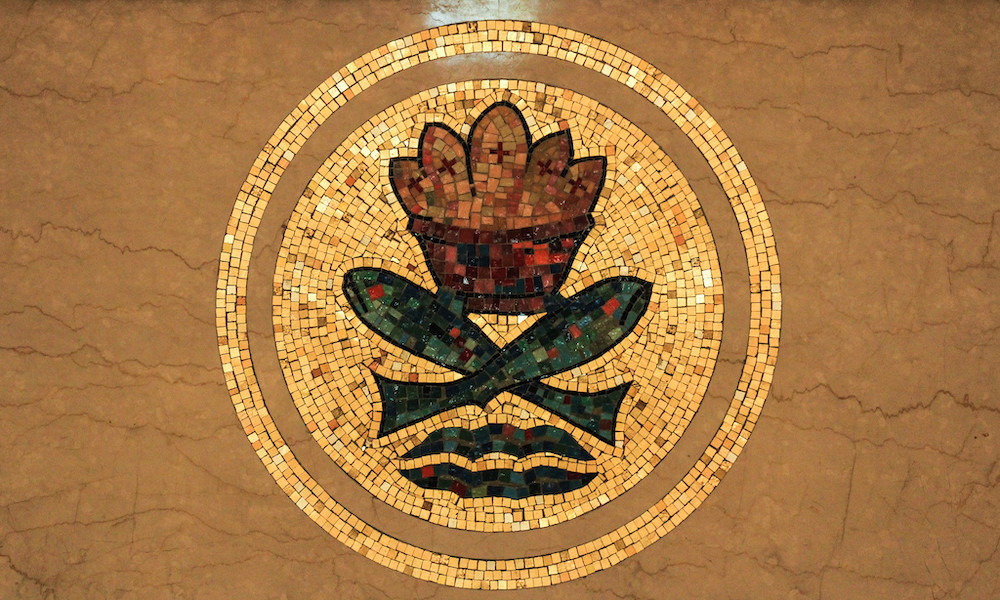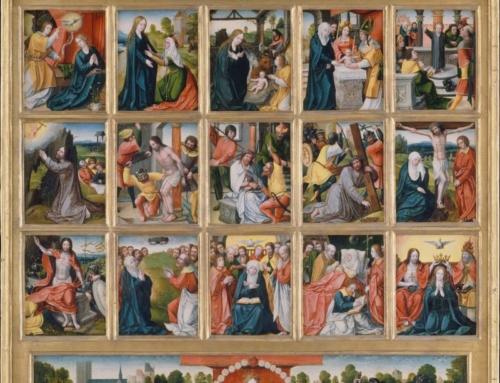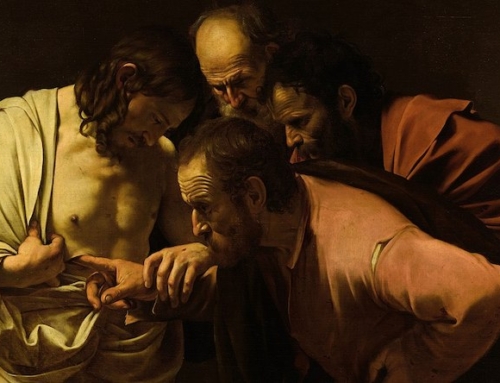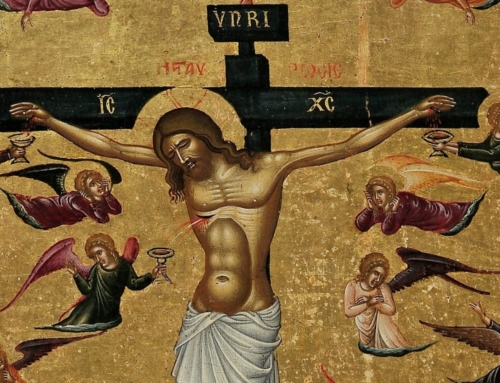Unlimited breadsticks at Olive Garden are a beloved American tradition. These warm, soft, garlic-butter glazed carb sticks are made even tastier with the knowledge that you can order as many as your heart desires. When it comes to today’s Gospel, however, Jesus teaches his followers that the bread that he brings is not like unlimited Olive Garden breadsticks, but is rather a totally different—and infinitely better—kind of bread.
The Gospel passage begins after Jesus feeds the five thousand with the miracle of the loaves. Jesus and his disciples subsequently leave the scene of the miracle. Saint John then reports,
When the crowd saw that neither Jesus nor his disciples were there, they themselves got into boats and came to Capernaum looking for Jesus. And when they found him across the sea they said to him, “Rabbi, when did you get here?” (John 6:22, 25–26)
The question seems innocent enough, “Rabbi, when did you get here?” At first glance the crowd seems filled with faith. Why else would they be following this teacher from Nazareth if not because they had some kind of faith in him after benefiting from his miracle? Jesus’s response to the crowd answers precisely to this question. He sees through the crowd’s intentions and says, “Amen, amen, I say to you, you are looking for me not because you saw signs, but because you ate the loaves and were filled. Do not work for food that perishes but for the food that endures for eternal life, which the Son of Man will give you” (John 6:26-27). In other words, the people followed Jesus not because they believed in him as the Lord, but because they thought that he would give them food. The crowd, who “only wished to fill their bellies,” were deaf and blind to the true “work” and the true food that was before them—Jesus Himself, the “Son of Man” on whom the “Father, God, has set his seal” (Saint Augustine, Tractate 25 on the Gospel of John).
To the crowd’s disappointment, Jesus does not come to provide them with an endless supply of breadsticks: an unlimited flow of miracles, signs, and wonders. He is not a divine breadmaker from a heavenly Olive Garden who exists to miraculously feed every hunger or infinitely provide for every earthly concern.
Rather, Jesus feeds the crowd with earthly food for a higher purpose than mere physical satiety. He feeds them always with the intention that they transcend the worldly loaves—their earthly concerns—to desire a new food, one that nourishes their souls: the food which is faith in Jesus as the Son of God. This spiritual food comes hidden under the appearance of that which is familiar to us, yet it is in reality far greater than what it appears to be.
Jesus comes that the crowd might believe in his divinity through his humanity, and he feeds them with earthly food that they might rise above it and recognize him as the true food that satisfies the deepest desires of their souls. He is our eternal food, who reveals his power in the olive garden of Gethsemane and, ultimately, on the tree of the Cross.
✠
Photo by Lawrence Lew, O.P. (used with permission)







